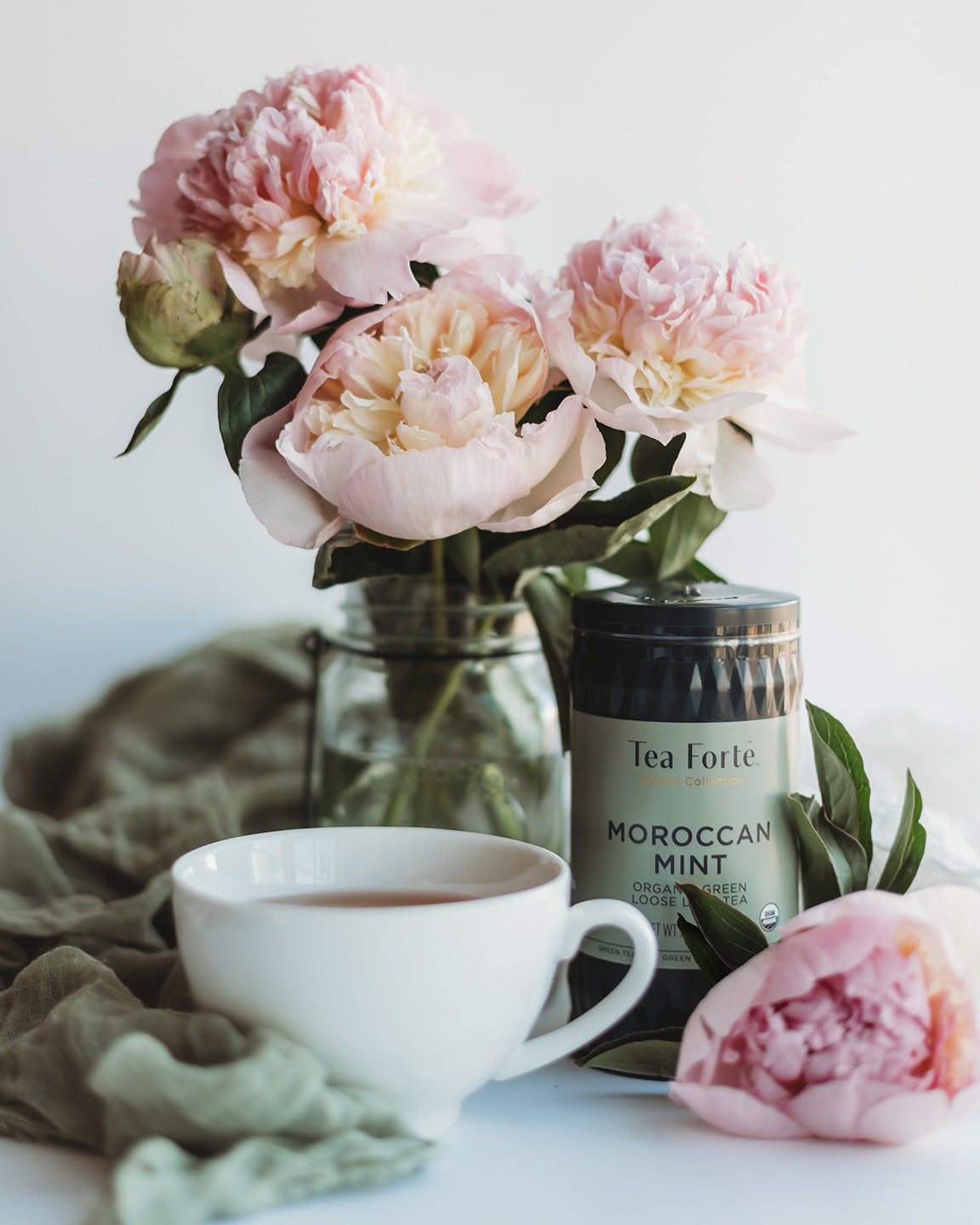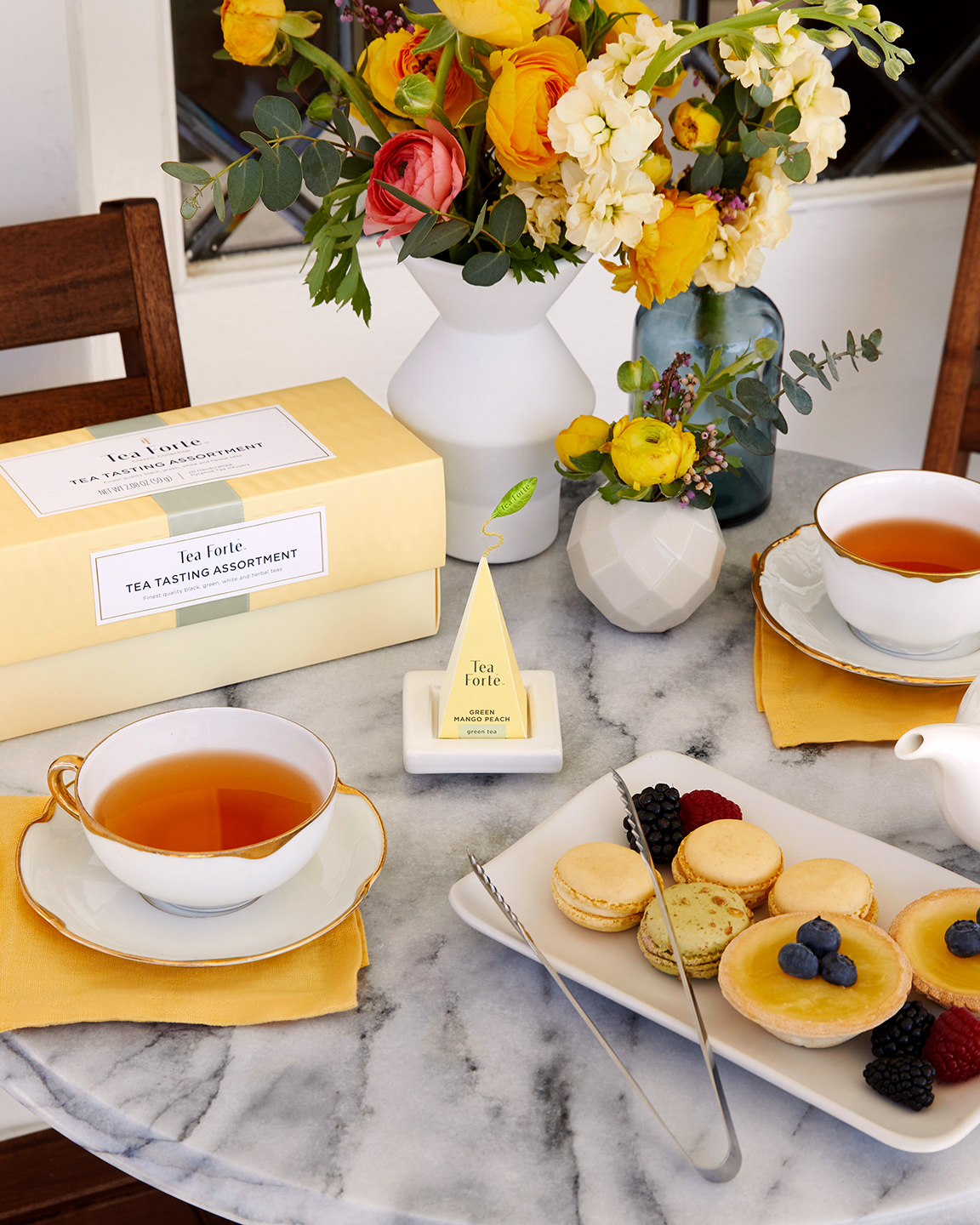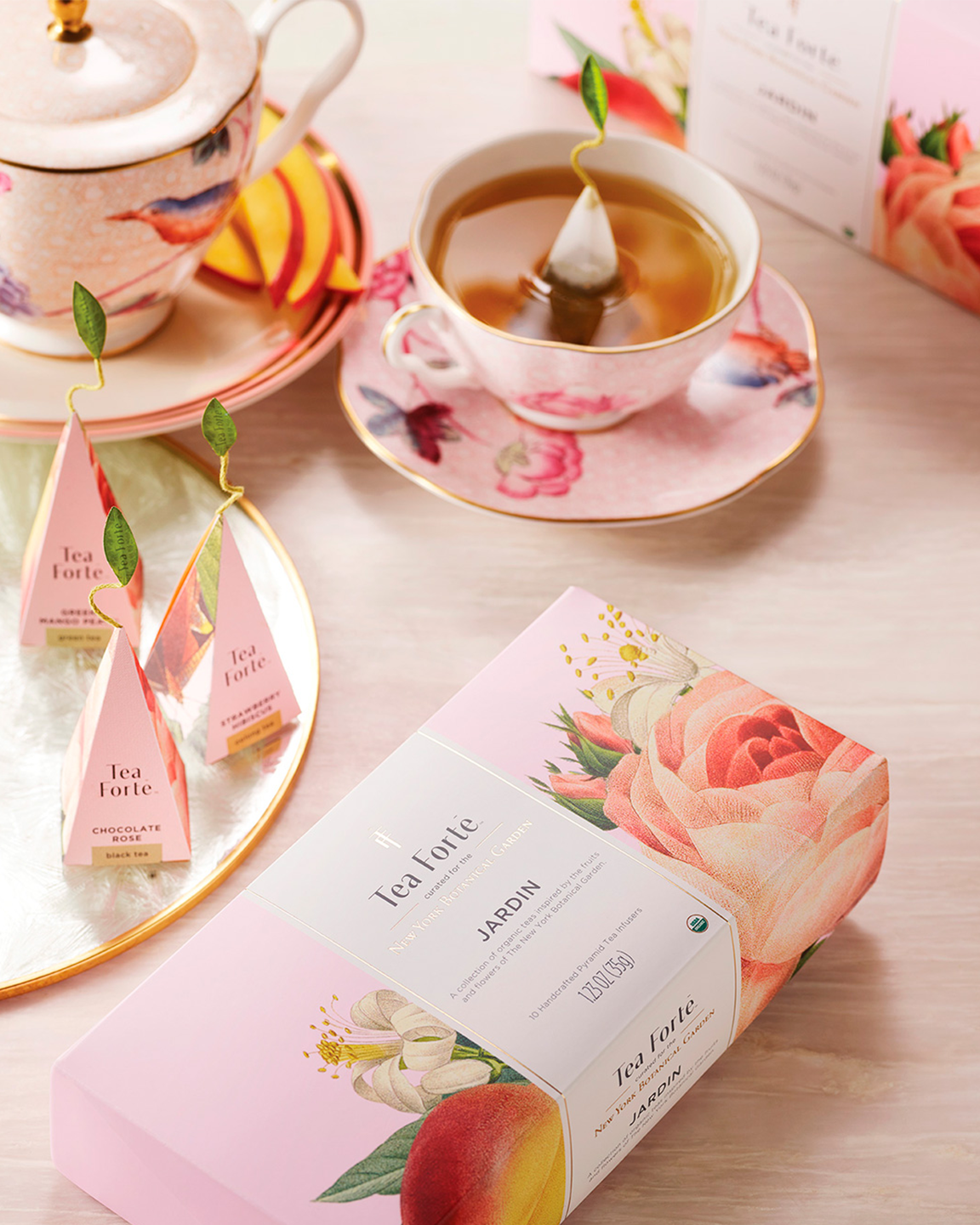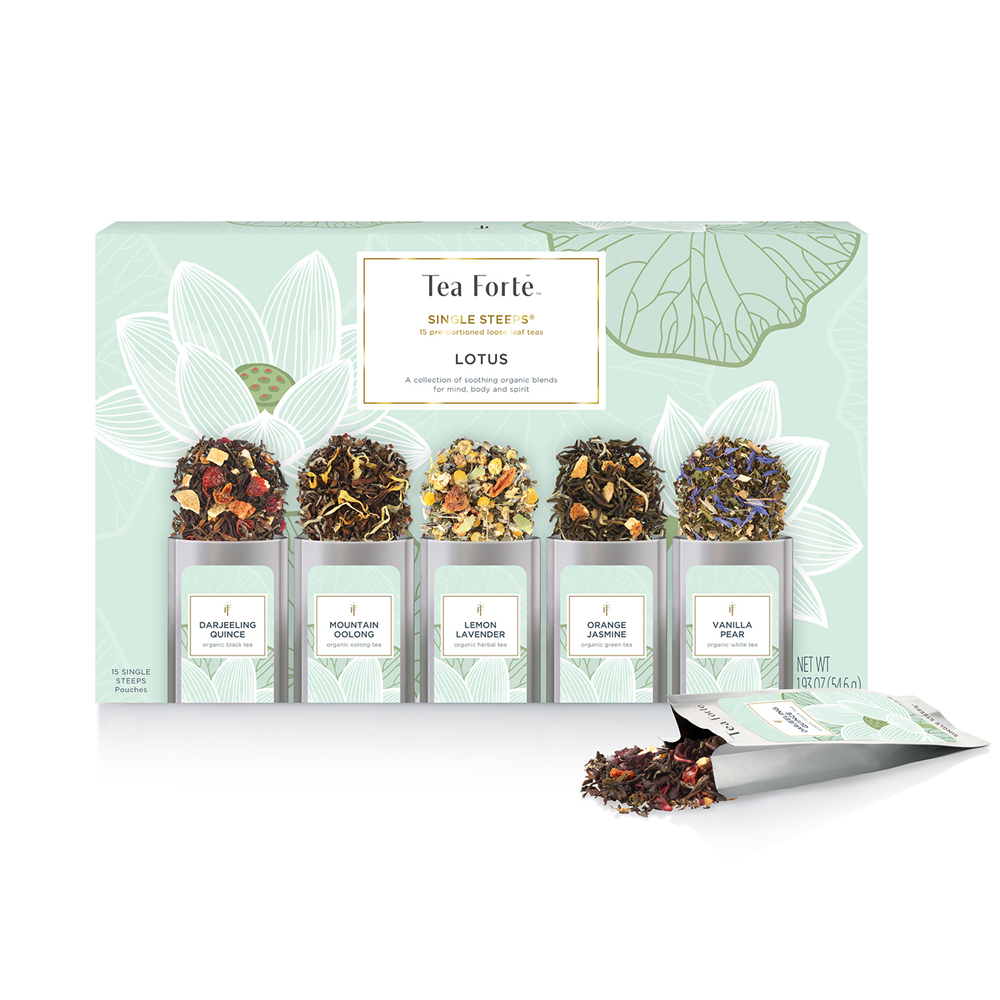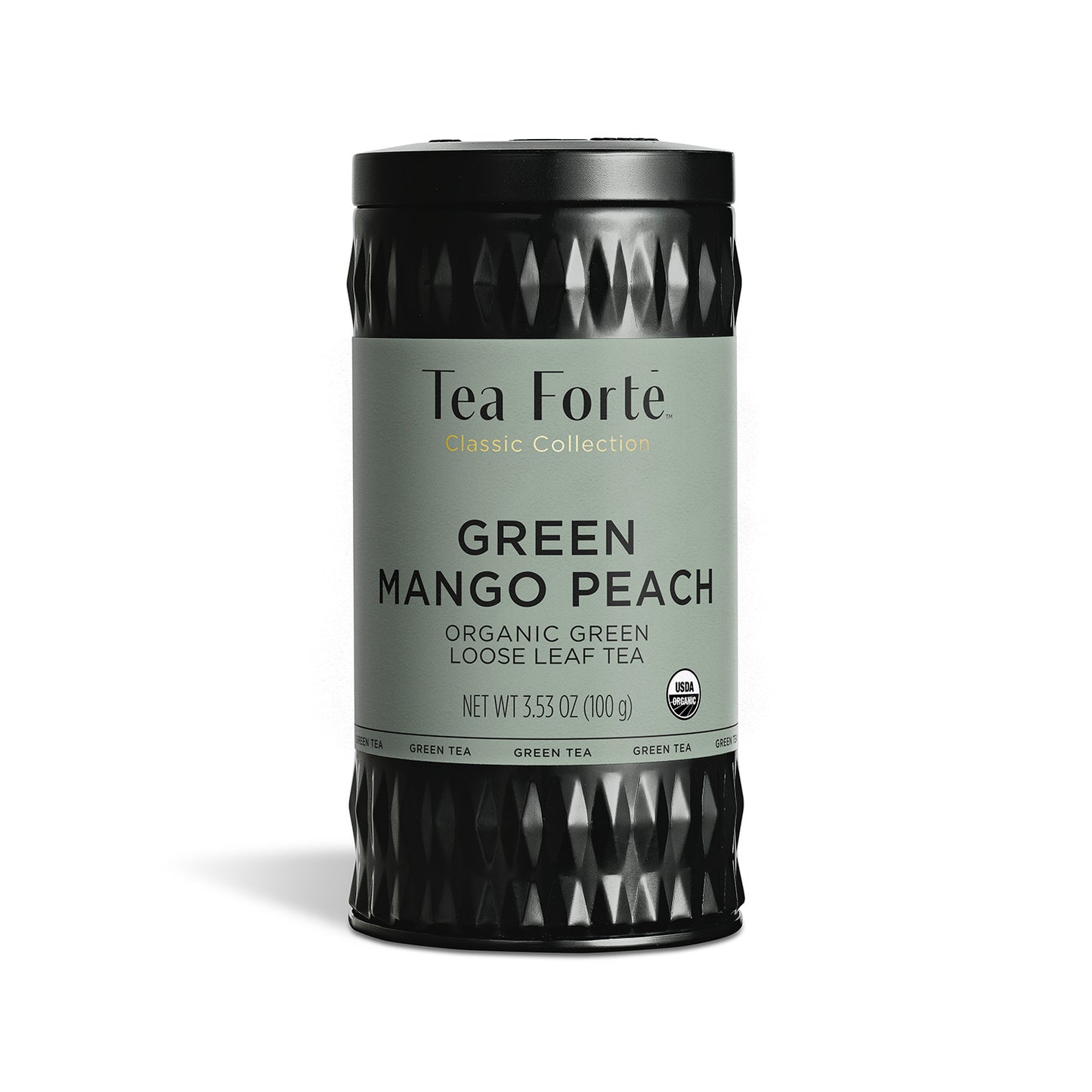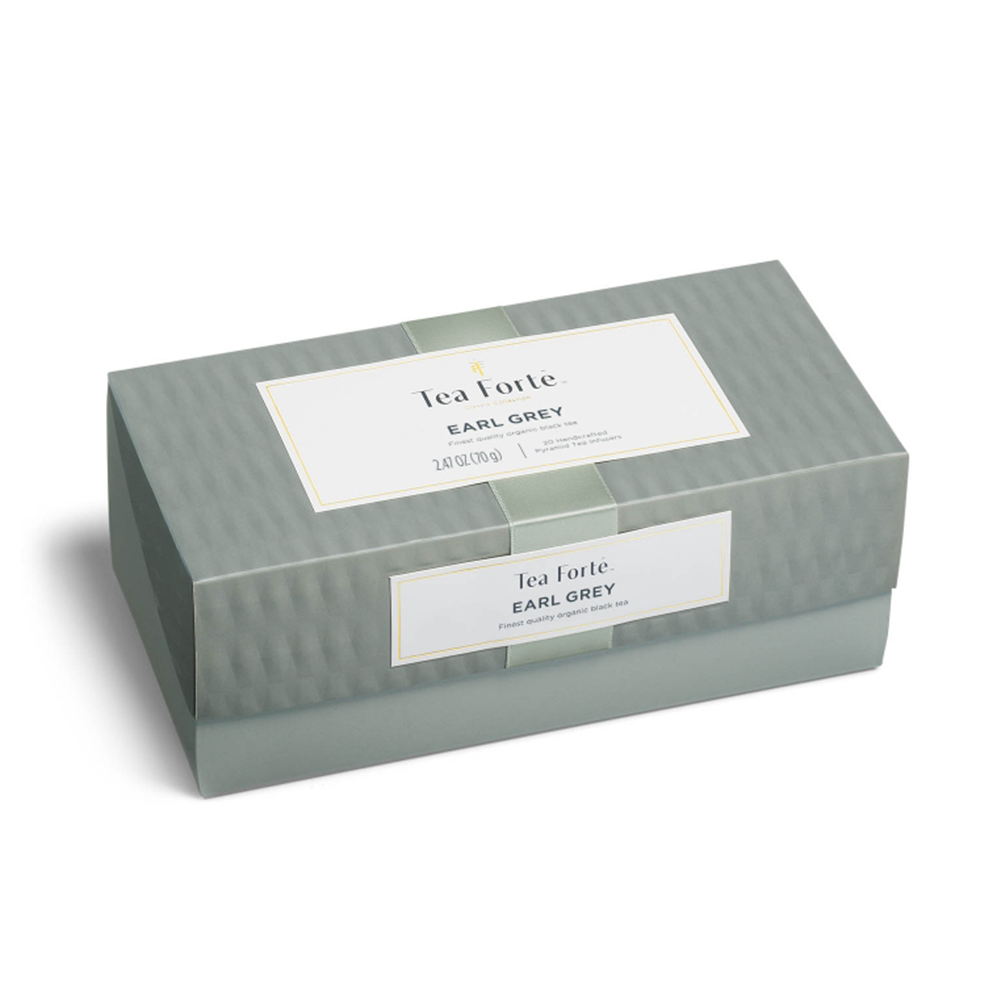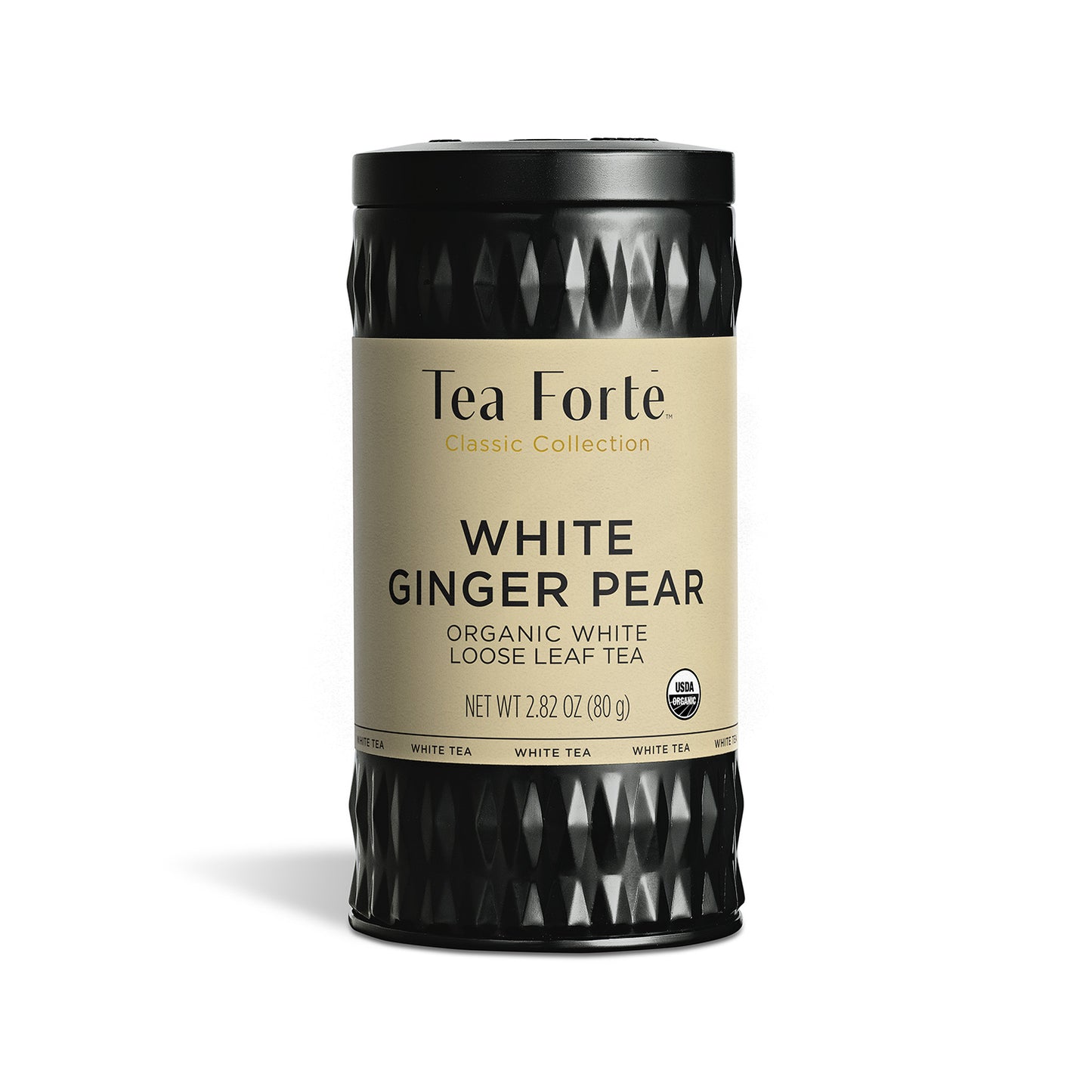
It’s more common than ever to find ourselves choosing between conventional and organic products as we stock our pantries these days. Tea is no exception, as its leaves can be grown either conventionally or organically before undergoing the processes of wilting, drying, steaming, and blending before it ends up in a cup. Organic tea tends to cost a bit more, and it's natural to wonder if the expense is merited. After learning a few beneficial secrets of organic tea, though, you're sure to agree that the benefits are well worth a few extra cents.
DOES ORGANIC TEA TASTE BETTER?
Because no synthetic fertilisers or chemicals are used to grow organic tea, its natural, delicious flavours are able to shine through. With conventionally-grown teas, the leaves are typically air-dried without being rinsed. As a result, traces of synthetic chemicals remain as the leaves are dried. Those chemicals can mask the natural flavour of the tea and sometimes impart their own flavours too, which may result in a less pleasurable tea drinking experience.
IS ORGANIC TEA SAFER?
Like many people, you may make a point of avoiding unnecessary chemicals in your food. Tea grown in accordance with organic standards isn't exposed to herbicides, pesticides or synthetic fertilisers, so you don't have to worry about exposing yourself to them when enjoying a rich cup of tea.
CAN ORGANIC TEA CURE ILLNESS?
Studies are increasingly showing signs that organic teas’ nutrients and compounds may help improve or prevent certain conditions.* Organic green tea, in particular, may help prevent heart disease, and reduce the risk of developing arthritis. Studies also suggest it can assist in the prevention of cataracts caused by the ageing process.
IS ORGANIC TEA NUTRITIONAL?
All teas and many tisanes contain a variety of nutrients and antioxidants. In general, organic teas tend to have higher concentrations of the most beneficial vitamins and minerals. Many black, green, white, and oolong tea blends contain vitamins A, C, E, and K. They often contain potassium, magnesium, and calcium as well, and the flavonoids found in tea are prized for their antioxidative properties. Antioxidants combat harmful free radicals that can cause early ageing and that may negatively impact the immune system.
IS ORGANIC TEA BETTER FOR THE ENVIRONMENT?
While many of organically-grown tea’s benefits pertain to individual health and wellbeing, it's important to note that it's much better for the environment too. Because harsh chemicals and pesticides aren't used in organic farming, harmful agents don’t leach into the soil. For instance, nitrogen from synthetic fertilisers can work its way into the soil and eventually get into local waterways, where it causes an algal bloom.
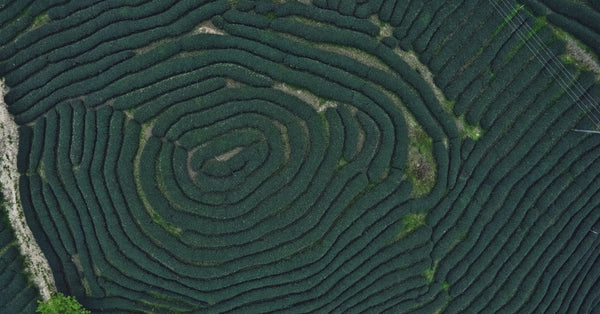
This phenomenon pulls oxygen from the water, which in turn hurts fish and local wildlife. Harmful chemicals can also make their way into groundwater, which can affect the tap water we drink and bathe with. In short, growing tea organically benefits the environment and everyone who lives in it.
IS ORGANIC TEA GOOD FOR TEETH?
Of the many benefits of organically grown tea, this one may be the most surprising. Tea plants easily pull fluoride from the soil, so tea leaves usually contain high levels of dentist-recommended elements. Fluoride, of course, is used in toothpaste and mouthwashes, and it's often added to drinking water too. In other words, enjoying a few cups of tea each day can be a wonderful daily habit for those who care about their dental health -- just don’t forget to brush and floss!
*These statements have not been evaluated by the Food and Drug Administration. This product is not intended to diagnose, treat, cure, or prevent any disease.

